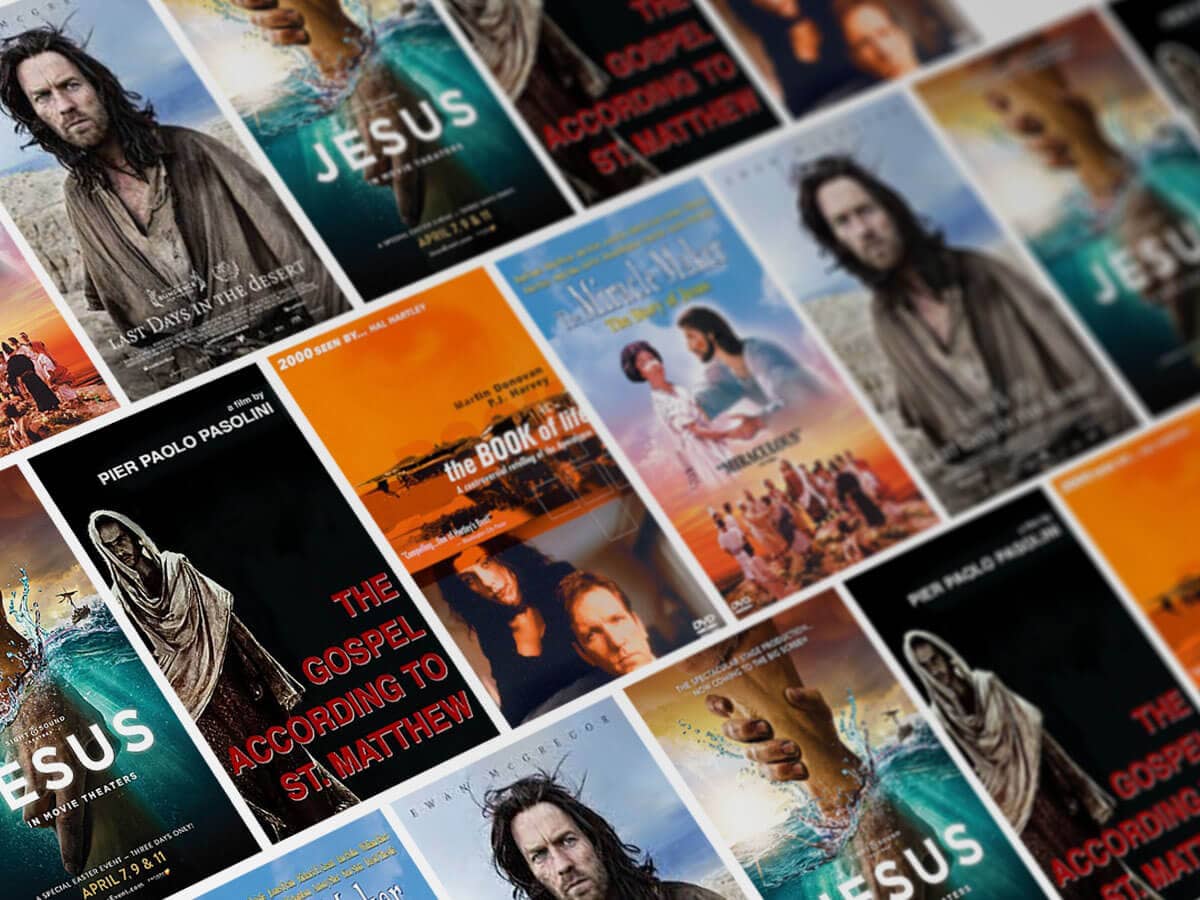Unable to get the Anne Frank Foundation's permission to quote directly from the famous journal, which chronicles young Anne's life immediately before and during her family's time in hiding during the Holocaust, the film instead relies on Melissa Muller's 1998 book "Anne Frank: The Biography" as source material.
Billed as "The Whole Story," the miniseries' stated goal is to round out the voice heard in Anne's diary voice and to re-create instead an authentic 13-year-old girl. Scenes portray Anne before and after the familiar life in the annex, including her death at Bergen-Belsen.
The result, moving but flawed, rises far above the average television miniseries, but it can't shake the huge shadow of the diary. By swapping the content of the diary for more details of her life and death, something essential is lost. The filmmakers seem to forget that sometimes imagination is stronger than image, and silence can speak louder than a character's lines. This new "Anne Frank" fails to shed much new light on Anne's life, while offering less insight into her character.
This version may satisfy those who criticize the earlier stage and film versions of Anne's diary, which, as Cynthia Ozick pointed out in a controversial New Yorker magazine article, turn a girl into an icon.
What the film ignores is that the diary is what makes Anne human, and therefore interesting. By trying so hard to place the Anne Frank story in the context of the family's broader Holocaust experience, ABC manages to removes her individuality. Since we already know Anne so intimately, the pre-hiding scenes come across as superfluous and even generic--Girl goes to school in Amsterdam! Girl plays with friends in Amsterdam! Watching her life and death in the camps tugs at the heartstrings, but the information adds little to our understanding of what happened to Anne Frank.
But it's debatable whether any amount of honesty about the camps could outdo what takes place in our minds in the stage version of Anne's diary between the abrupt end of her writing and the slow, melancholy entrance of her father, alone, after the war and his daughter's death. Movies can't graphically portray the hell of the concentration camps. Good storytelling finds other ways to communicate unportrayable truths. The stark power of Anne's diary was her lone voice from hell, devoid of explicit context, ever hopeful until the moment it is silenced.
There's plenty to like about this production. Thirteen-year-old Hannah Taylor Gordon embodies the mischievous, eternally optimistic, lovable Anne. Lily Taylor plays the Frank's non-Jewish protector, Mies, with conviction. Ben Kingsley is great as the ever-calm, wise Otto Frank, the group's unquestioned leader.
Kingsley is so good, we end up wanting more from Otto. The biggest advantage to severing Anne's story from the diary account is the opportunity to go deeper into the inner workings of characters other than Anne. Otto mentions off-handedly that he considered sending his children to London to avoid the Nazis but decided it would be better for the family to stay together. This was undoubtedly a gut-wrenching, horrifying decision for him to make, one that the fate of his two daughters rested on, and the film could have showed more of that process.
The argument is often made that the need to remember the Holocaust demands ever-more gut-wrenching portrayals, the better to ensure that people remember the horrors of that period. But with Holocaust memorials seemingly in every city, with Holocaust films dominating the documentary category of the Academy Awards year after year, with Holocaust curricula more and more prevalent in schools, and with the amazing popularity of "Schindler's List," "Life Is Beautiful," and the like, there is no lack of Holocaust in our culture. No one watching "Anne Frank" will learn about the Holocaust for the first time (and deniers will not be swayed by any number of books, films, television shows, or memorials).
The remembrances that are most meaningful--to us consumers as well as to the memory of the victims--relate as narrow a story as possible, to return to life the story of those who were robbed of their narratives. This film is at its best when it sticks to the narrow, historical story of the Frank family. When it veers away from that, one feels as if Anne's story has somehow been diminished.

